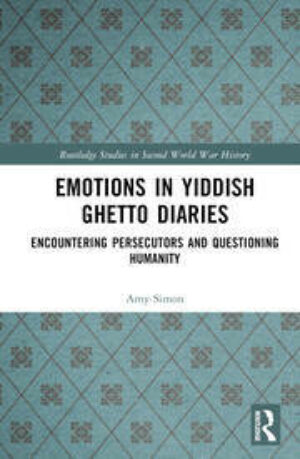Articles
Essays and peer-reviewed scholarship in Yiddish Studies, an interdisciplinary field that engages all aspects of Yiddish cultural production, especially in its relationship to other cultures and languages.
Click here for a separate listing of open-access, peer-reviewed articles.
Review
Back to the Ghetto









